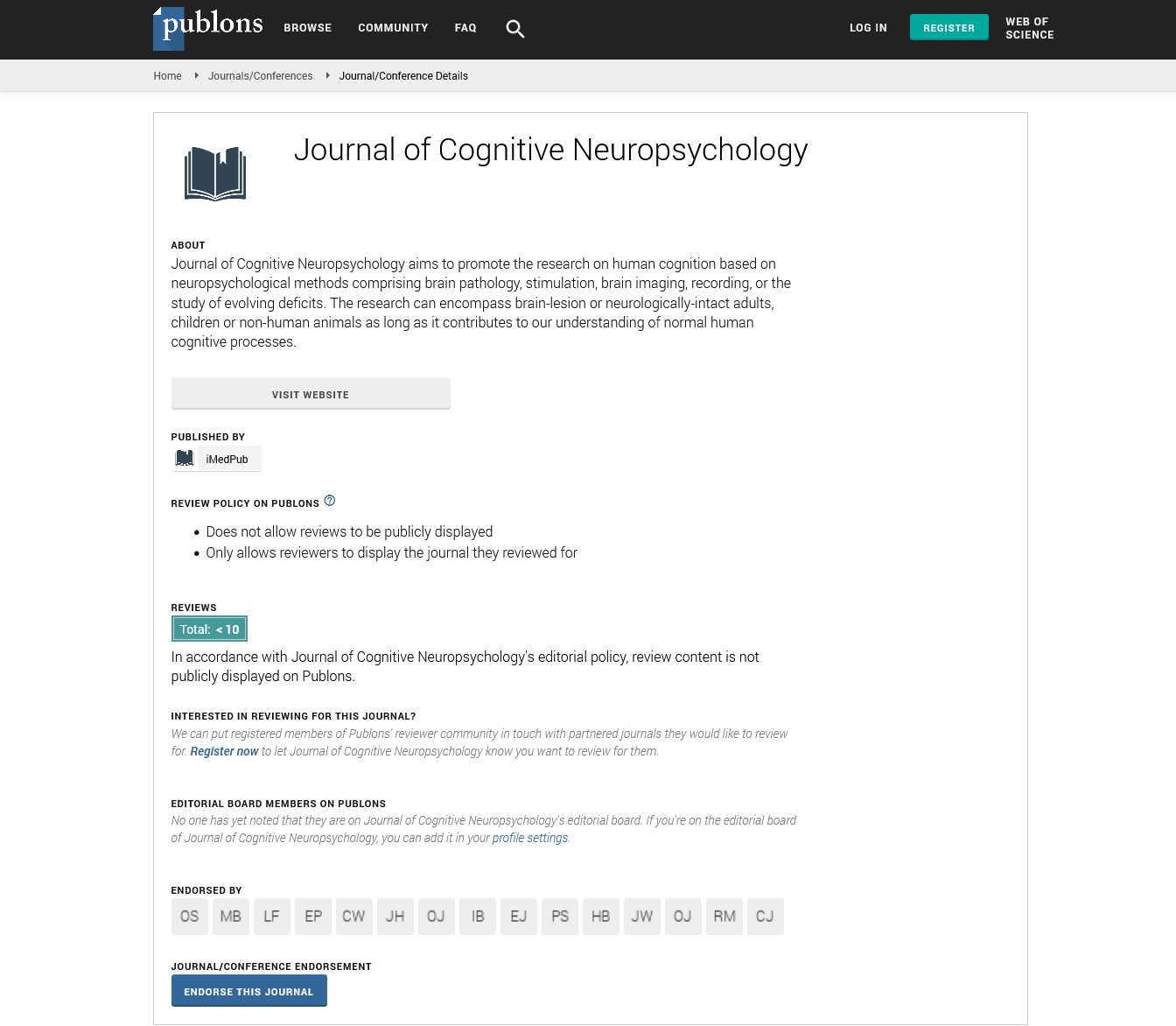Abstract
Neurofeedback training of frontoparietal alpha rhythm enhances episodic memory
Neurofeedback Training (NFT) of brain rhythm is an operant conditioning paradigm through a video or audio interface and has been widely used in clinic. Episodic memory is a prerequisite for successful life functioning. This study aims to explore trainability of alpha NFT with a sham-controlled experimental design and effect of alpha NFT on episodic memory. Participants were randomly assigned into a control group receiving feedback of 4-Hz amplitude randomly selected from 7-20 Hz or an alpha group receiving feedback of 8-12 Hz amplitude. The NFT contained 12 sessions and each session consisted of 6 min blocks. Picture recognition task with identifying exact shape and size of objects was used to assess episodic memory. Topographic distribution of trained alpha rhythm was categorized through the whole-head EEG recording. The Alpha group exhibited a linear increase in amplitude and duration of alpha rhythm throughout the NFT exclusively. The Alpha group exhibited significantly higher amplitude and longer total duration of alpha rhythm compared with those of the control group. Accuracy of the picture recognition task in the Alpha group was significantly improved after NFT compared with that of the control group. In particular, participants with increased alpha rhythm which primarily distributed in bilateral frontoparietal region exhibited significantly linear trend between alpha duration and accuracy of the picture recognition task. The evoked alpha rhythm in the occipital region seemed to be no effect on accuracy of the picture recognition task. The present study provides additional evidence on the trainability of alpha rhythm through NFT and also identifies functional localization of alpha rhythm in the frontoparietal region on enhancement of episodic memory. Our results suggest a non-pharmacological intervention on memory enhancement throughout a NFT of alpha rhythm.
Author(s): Fu-Zen Shaw
Abstract | PDF
Share This Article
Google Scholar citation report
Citations : 8
Journal of Cognitive Neuropsychology received 8 citations as per Google Scholar report
Journal of Cognitive Neuropsychology peer review process verified at publons
Abstracted/Indexed in
- Google Scholar
- Publons
- MIAR
Open Access Journals
- Aquaculture & Veterinary Science
- Chemistry & Chemical Sciences
- Clinical Sciences
- Engineering
- General Science
- Genetics & Molecular Biology
- Health Care & Nursing
- Immunology & Microbiology
- Materials Science
- Mathematics & Physics
- Medical Sciences
- Neurology & Psychiatry
- Oncology & Cancer Science
- Pharmaceutical Sciences
